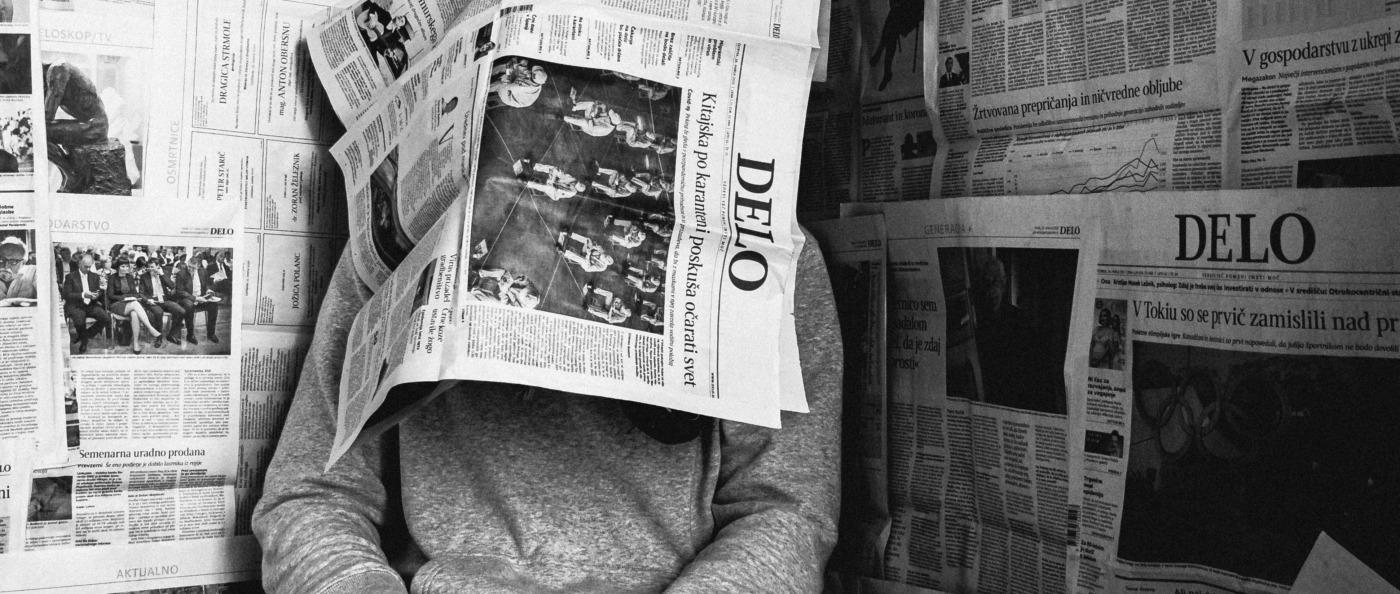The Madeleine McCann case confirms the cultural role of the media
Our parents knew where they were when they found out Princess Diana died. They can remember the day the Twin Towers fell. We will always remember the enigma of Madeleine McCann.
The Algarve was once described as ‘Europe’s best kept secret’. It is therefore ironic that, in 2007, the Algarve became the keeper of one of the most infamous mysteries of our generation: the disappearance of Madeleine McCann. Our generation was brought up on this phenomenon. In primary school, we heard about the ‘girl with the smudge in her eye’. In early adulthood, we watched the Netflix documentary accounting her disappearance. The media has a lot to answer for – it has turned this tragedy into a goldmine.
Stories have been circulating for thirteen years. But with countless dead ends and numerous conspiracies, why is this story still making the headlines? Why has the search for Madeleine continued for so long, and why hasn’t it been solved? You’d assume that a story with that much global attention would have an ending. It was believed by journalists at the time that a multitude of media coverage would result in retribution. This couldn’t have been further from reality.
Why does the media get to choose who is worth saving?
There are many missing children’s cases which have been left unanswered. Children go missing every day, but not all cases are reported nationally. I look back to February last year when Leah Croucher went missing on a path I had walked down my entire life. A year later, the media has gone quiet – they have accepted they will probably never know what happened to Leah. It wasn’t until June 2019 that the news of Leah’s disappearance hit national television. Madeleine’s disappearance was televised the night after she vanished. There are many inconsistencies in missing children cases. Why does the media get to choose who is worth saving?
Unfortunately, it’s the bias of the media which controls what the public see and don’t see. It’s the media who controls what stories to run, who we should sympathise with, and who we should condemn. Leah came from an estranged family – the last time she saw her parents she’d had an argument with them.
The media glorified the McCanns and how much effort they put into their search, they glorified the family who had ‘good’ jobs, the family who went to church. They took what they considered the ‘perfect’ family and made the world pity them. But what about every other parent who has lost a child; do their stories matter? From what I have seen, the answer is no.
Maybe the idea that we can find Madeleine gives the rest of society hope, that no matter what, justice will be achieved
What once was a ‘safe and sandy’ beach is now haunted by the biggest missing child case of the century. Recent news coverage claims we will finally have answers, but has the media hindered rather than helped the investigation? Has glorification turned pity into indifference? Perhaps the recent news coverage is to distract from our current climate. Maybe the idea that we can find Madeleine gives the rest of society hope, that no matter what, justice will be achieved.
I go back to the defining moments of our parents’ history, and ask what these have in common with the McCann case. The common thread is the voice of the media – a voice which echoes through and influences history. It is the media’s coverage of Princess Diana, 9/11, and Madeleine McCann which fuels our morbid fascinations. In a society invested in social media and the idea of acceptance, trial by media is everywhere. We all want to be viewed in a positive light, and we all give into the pressures of what society considers ‘perfect’. But until we recognise that reporters are not bodies which represent the law, we will never find justice.

Comments (1)
ERROR
MARK WARNER NEVER HAD CAMERAS
COPS COVER OVER CRIMES
MCCANNS WERE NAIVE